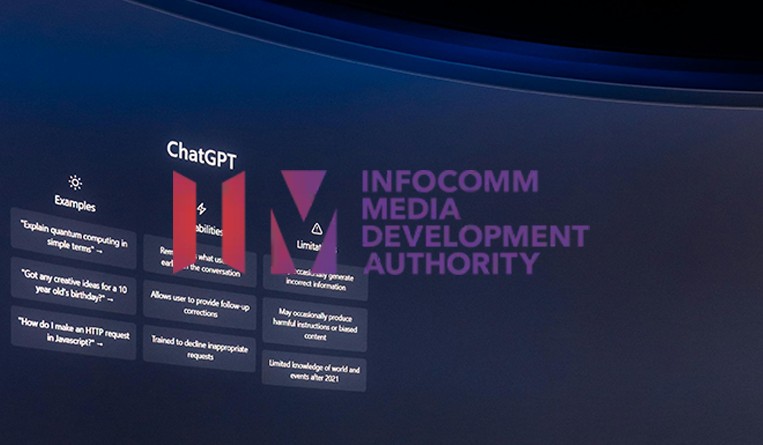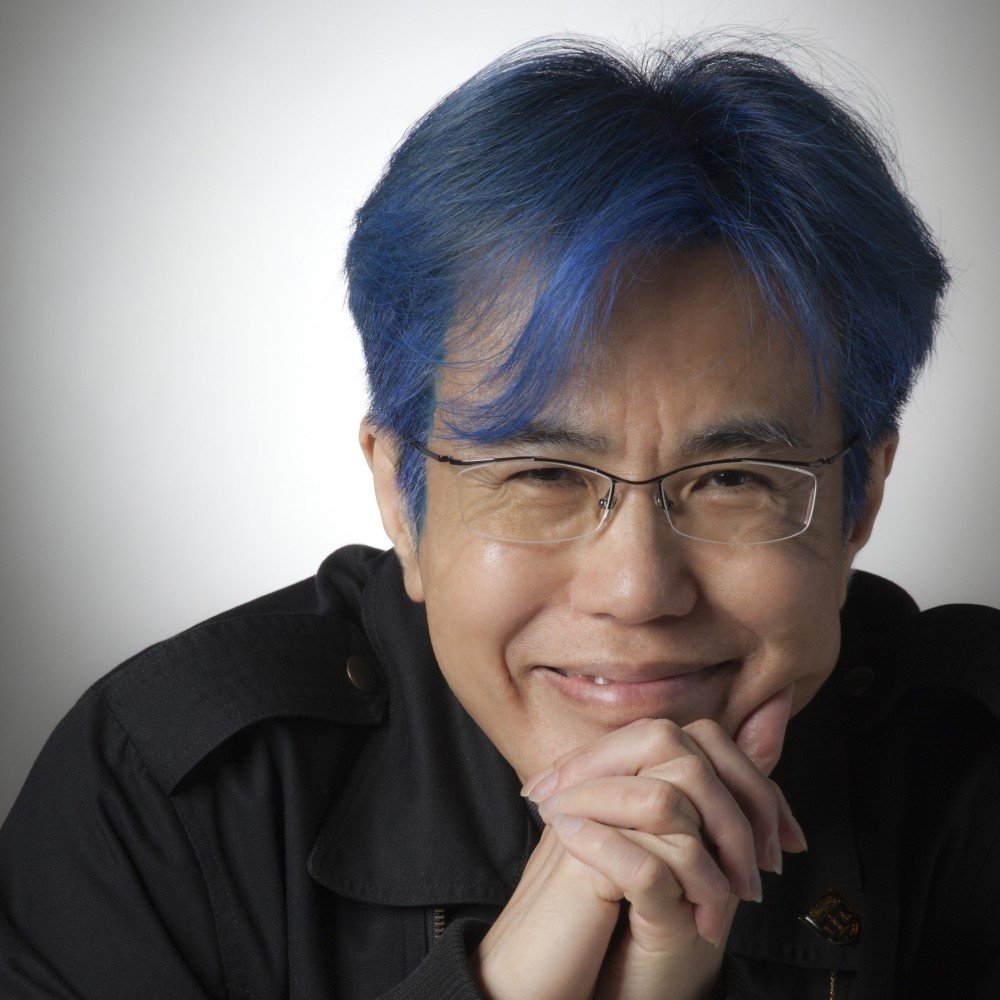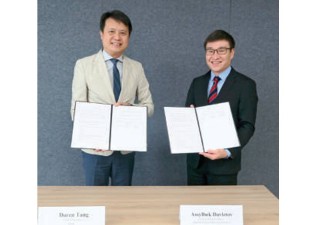Public consultation on draft Model AI Governance Framework for Generative AI ongoing in Singapore
27 February 2024

Photo: Infocomm Media Development Authority
Singapore’s Infocomm Media Development Authority (IMDA) is seeking feedback on its draft Model AI Governance Framework for Generative AI. The international community is invited to submit their comments during the public consultation.
Formulated by the IMDA in collaboration with its subsidiary, the AI Verify Foundation, the draft framework outlines nine dimensions and corresponding recommendations for addressing concerns about generative AI.
The nine dimensions are accountability, data, trusted development and deployment, incident reporting, testing and assurance, security, content provenance, safety and alignment research and development (R&D) and AI for the public good.

George Hwang, Director of George Hwang, Singapore
Under data, the draft reads: “Data is a core element of model development. It significantly impacts the quality of the model output. Hence, what is fed to the model is important, and there is a need to ensure data quality, such as through the use of trusted data sources. In cases where the use of data for model training is potentially contentious, such as personal data and copyright material, it is also important to give business clarity, ensure fair treatment, and to do so in a pragmatic way.”
“As it has been more than three years since DALL.E came onto the market and more than a year for ChatGPT, IMDA’s publication of the Model AI Governance Framework for Generative AI for feedback internationally is timely,” said George Hwang, director of George Hwang in Singapore. “It generates discussion by the stakeholders, not just the producer of AI technology but its users. Since almost everyone could be a user of a large language model, it means everyone and not just industry and businesses.”
However, Hwang expressed his concerns about the draft framework. According to him, copyright deals with issues of ownership, exploitation and reward. Meanwhile, the draft framework deals with the development of AI.
“When discussing AI governance, we need to decide on the level it is addressing and the impact. We need to ask if we are regulating the development, the AI itself or its use,” said Hwang. He then outlined AI issues for copyright:
- Infringement in the use of copyright protected materials by AI developers when training AI
- Subsistence – whether copyright can accrue to works created by a machine
- Ownership – Who will own and enforce the rights of an AI-created work, if the AI owns the works? Is it the owner of the AI or the person giving the AI the instructions, especially, if the works created are not a foreseeable outcome from the instructions given?
“The model framework does not directly address these copyright issues. Does responsible use necessitate the prior clearance of all copyright materials used for training?” said Hwang. He explained that the draft framework is simply guidelines for businesses to adopt voluntarily, lacking any enforcement mechanism. In contrast, the EU AI Act takes a regulatory approach. Singapore’s Governance Framework emphasizes accountability, transparency and ethical AI use. These principles don’t directly address human rights issues or potential AI abuse.”
“But then we are addressing the development of AI or rather AI as a product,” he continued, emphasizing that AI is software used by humans and thus neutral. “The question is: can there be a situation where its use – not its R&D – could lead to obvious direct and immediate harm, such as the Manhattan Project or Tuskegee Syphilis Study? If there is, the principle of accountability should draw a clear red line on when its development should be stopped.”
Aligned with Singapore’s National AI Strategy, the draft Model AI Governance Framework for Generative AI is an update of the Model AI Governance Framework’s 2019 and 2020 versions, which both cover traditional AI.
Comments on the draft framework must be sent via email to info@aiverify.sg by March 15, 2024.
- Espie Angelica A. de Leon






